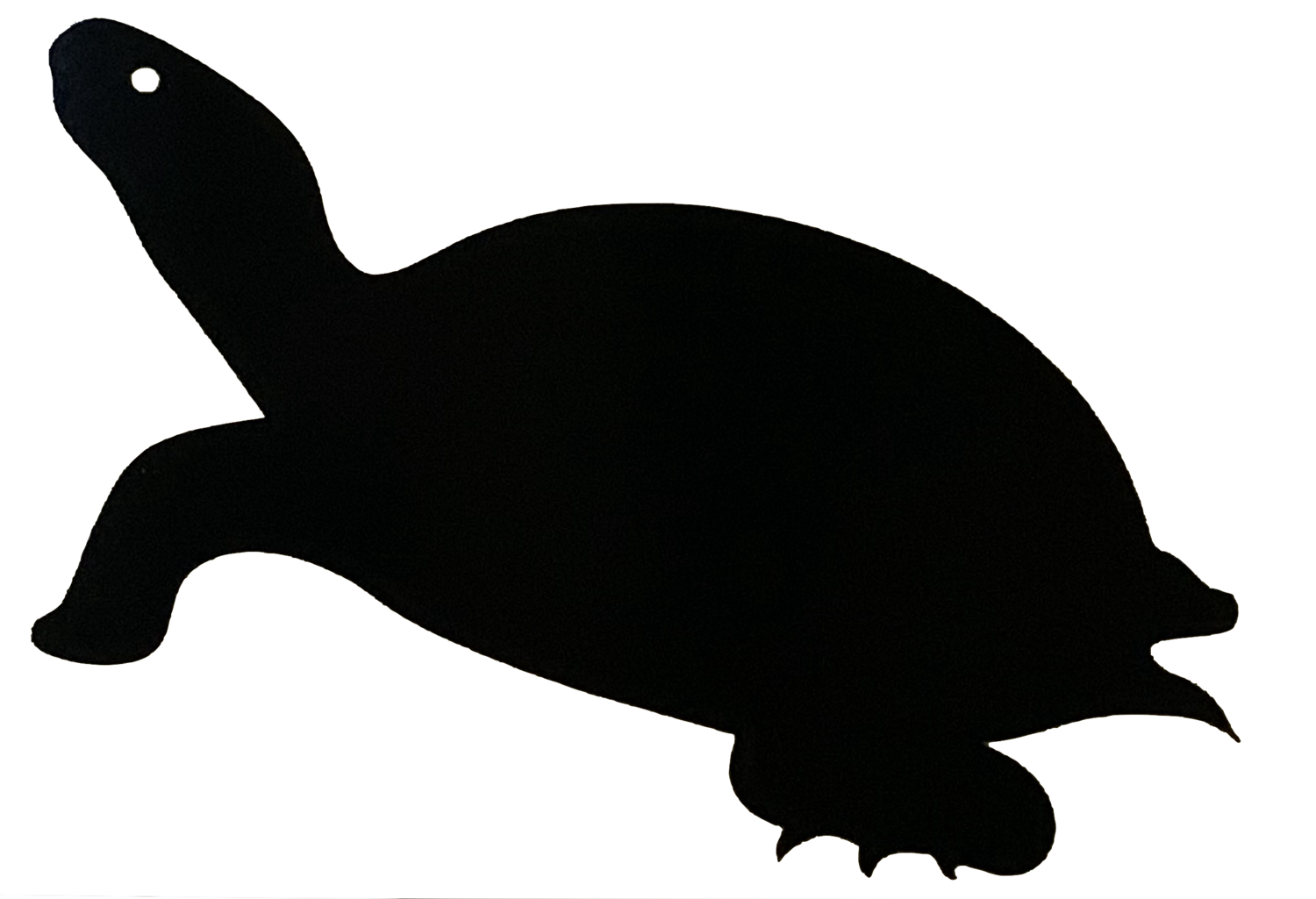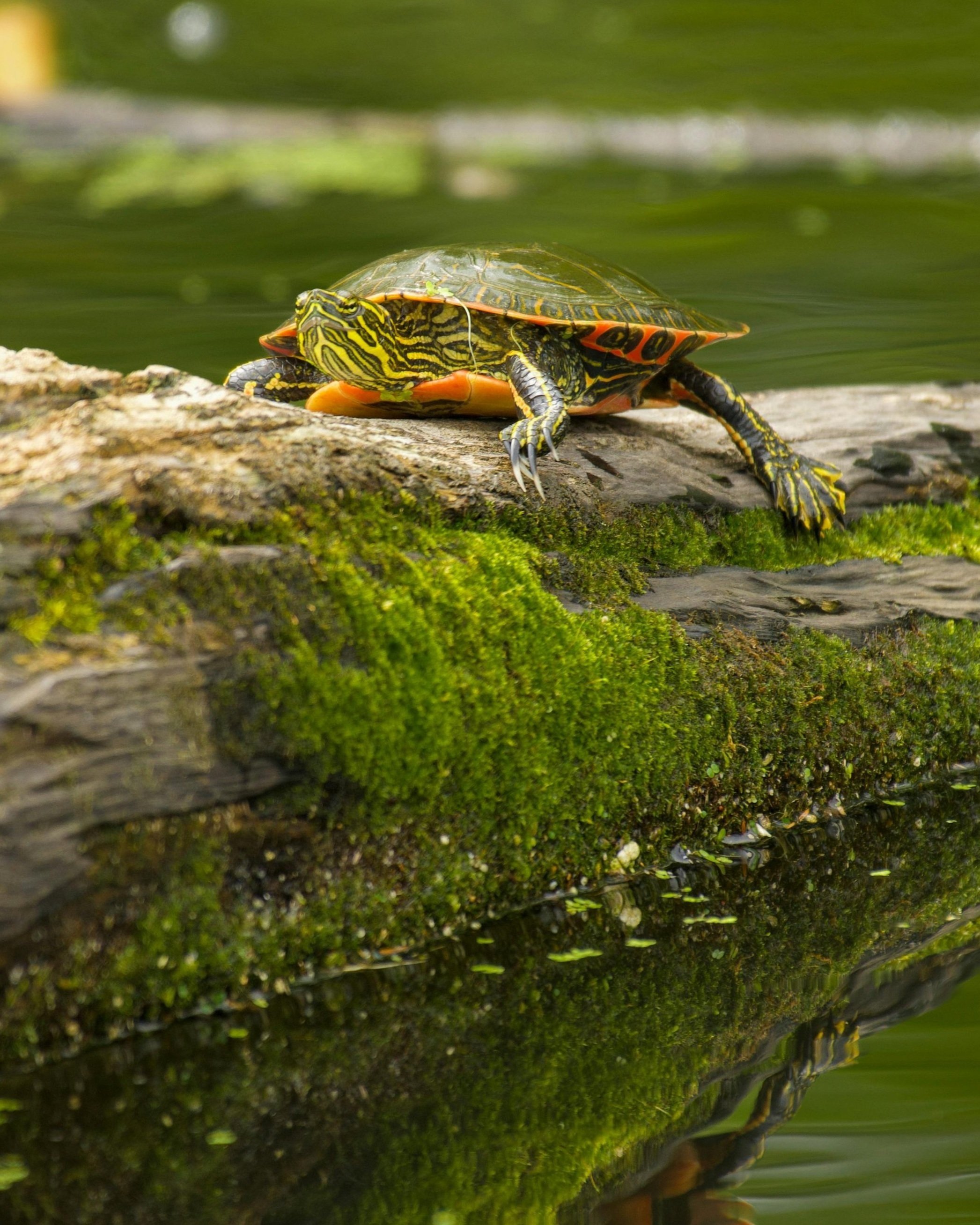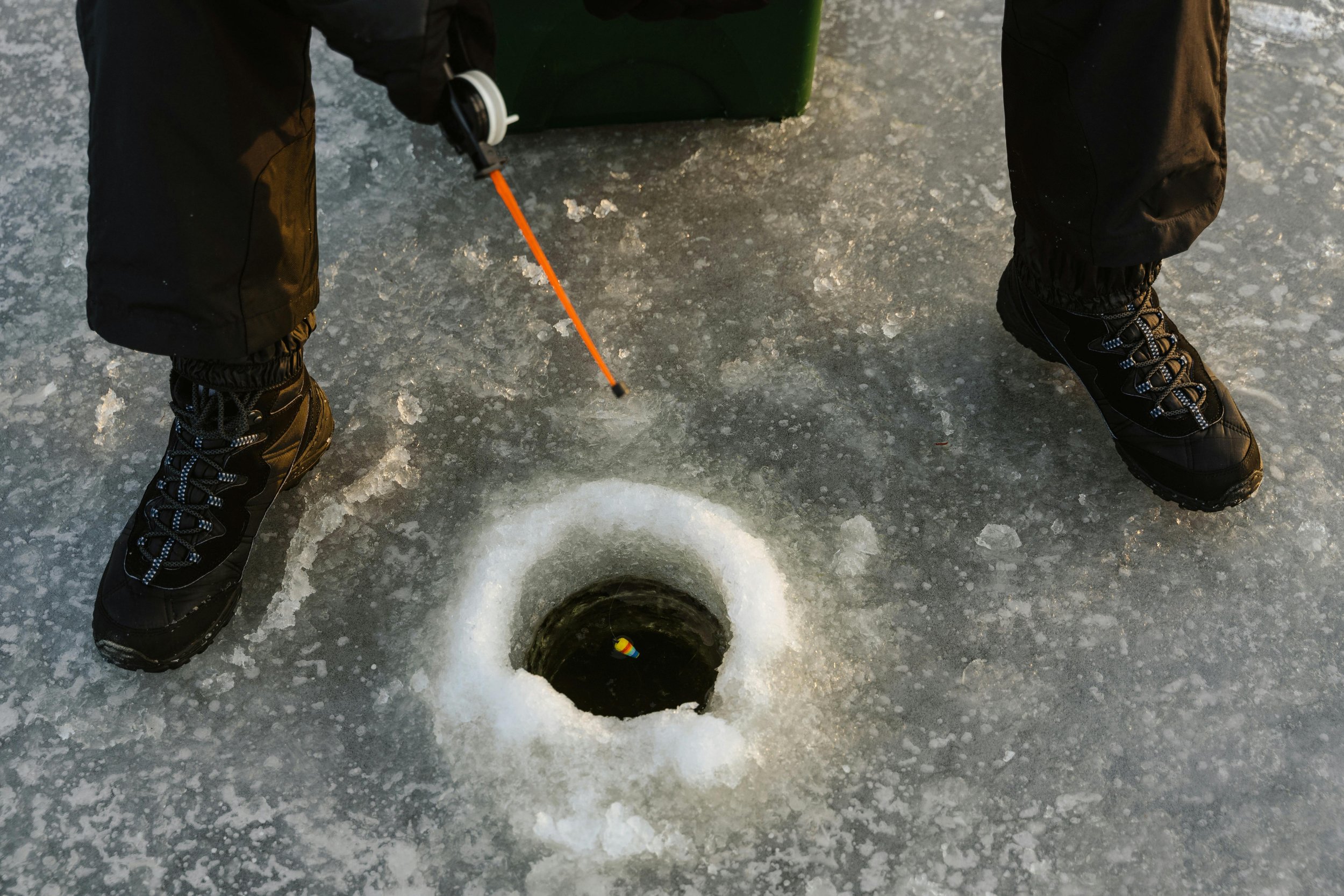What would happen if turtles went extinct?
Photo by Andrew Patrick.
Turtles are an essential part of our ecosystems and play a vital role in maintaining the balance and health of our environment. They are present in almost every freshwater habitat, including rivers, lakes, ponds, and wetlands. Their impact is far-reaching.
Turtles are essential in controlling the populations of their prey, such as insects, mollusks, and small fish, which helps to prevent overgrazing of plants and overpopulation. By doing so, they ensure that the ecosystem remains healthy and diverse.
Freshwater turtles also help to maintain water quality by feeding on carrion and decaying organic matter, which helps to remove pollutants. The loss of turtles would lead to an overall decline in water quality.
Turtles are a keystone species, meaning that they have a disproportionate impact on the ecosystem compared to their numbers. Turtles help to maintain the structure of aquatic habitats, which is vital for the survival of many other species such as fish, frogs, and birds. Without turtles, the entire food chain would be disrupted, leading to the collapse of entire ecosystems.
Moreover, freshwater turtles play a crucial role in nutrient cycling. They consume plants and algae, which helps to control their growth and prevent eutrophication, a process that can lead to an excess of nutrients in water bodies and even toxic algal blooms.
Photo by David Dibert.
Trout Lily. Photo by Chris F.
Turtles also excrete nutrients back into the ecosystem, which helps to support the growth of other organisms. While we are on the topic of excrement, turtles are known for being super seed distributors by way of their dung! They consume plants in one location and excrete the seeds in another, all in a tidy little self-fertilized package. This helps native plants to increase their numbers and move around.
If turtles were to become extinct, the impact on our delicately balanced ecosystems would be catastrophic. Turtles are an essential part of the food chain. They are preyed upon by many predators such as birds, mammals, and reptiles. The loss of turtles would lead to a decrease in the populations of their predators and an increase in their prey, which would have a ripple effect on the entire ecosystem. This would eventually lead to a decline in the populations of all species resulting in the loss of biodiversity and the collapse of entire ecosystems. If you lose a keystone species, all others will eventually follow. The loss of turtles would also have a significant impact on climate change as plants and animals play a crucial role in absorbing and releasing carbon dioxide. The eventual loss of biodiversity that would follow the extinction of turtles would, in turn, impact the carbon cycle.
Art by Jeffrey George: Turtle Island.
Beyond the implications for ecosystems and the environment, the loss of turtles would also impact society. Turtles are an important part of many cultures around the world, and their loss would signify the loss of cultural identity.
In North America, turtles are culturally significant for many indigenous communities who view them as sacred and part of their creation stories. These communities have relied on turtles for food, medicine, and spiritual purposes for generations. The loss of turtles would mean the loss of cultural heritage and traditions that have been passed down for thousands of years.
Removing turtles from our waters and wetlands would also have a significant impact on the economy. It would lead to a loss of income for many communities that rely on the fishing industry for their livelihoods, and a decrease in recreational opportunities such as fishing and boating, which would impact tourism.
For all of these reasons, it is crucial we take immediate action to protect these incredibly important creatures and ensure their survival for generations to come. Conservation efforts such as habitat restoration, road mitigation and public education campaigns are essential to protect turtles from threats such as habitat loss, pollution, and poaching. By working together, we can help to secure the future of turtles and the ecosystems they call home. It is essential that we address the root causes of the threats facing turtles, habitat destruction, road pollution, and climate change are the main drivers of the decline in all turtle populations.
Photo by Tima Miroshnichenko.
Photo by Andrew Patrick.
Turtles are an essential part of our ecosystems, playing a vital role in maintaining the balance and health of our environment, ecosystems, and societies. It is critical to our own survival that we take action now to protect this keystone species and ensure their survival for generations to come. By doing so, we can help to secure the future of our planet and the many species that call it home, including us.
Read more about the importance of turtles by clicking the button below!






